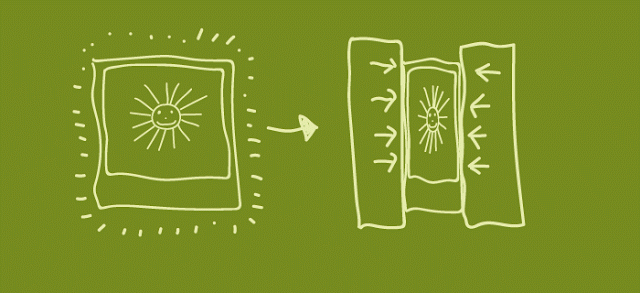Compressing images not only reduces load on your server, it also can a effect your page load speed and in turn, your search engine rankings.
To demonstrate how image compression can reduce page load time we decided to do a test ourselves. For this test we will use several types of uncompressed images on a test website. We will then put the website through a page speed test. Both before and after of course.
We tested several different image compression tools for both png and jpeg images. We found FileOptimizer to be the all around best choice.
Below you can see the results.
- Number of images: 144
- Size before compression: 13.4MB
- Size after compression: 9.59MB
Image quality
Image compression does not necessarily mean that the quality of the image will be reduced. Many raw images are too detailed for use on the web and come with unnecessary meta data that can be removed and therefore reduce the size of the image.
Compressing images not only reduces load on your server,
it also can a effect your page load speed and in turn, your search
engine rankings.







